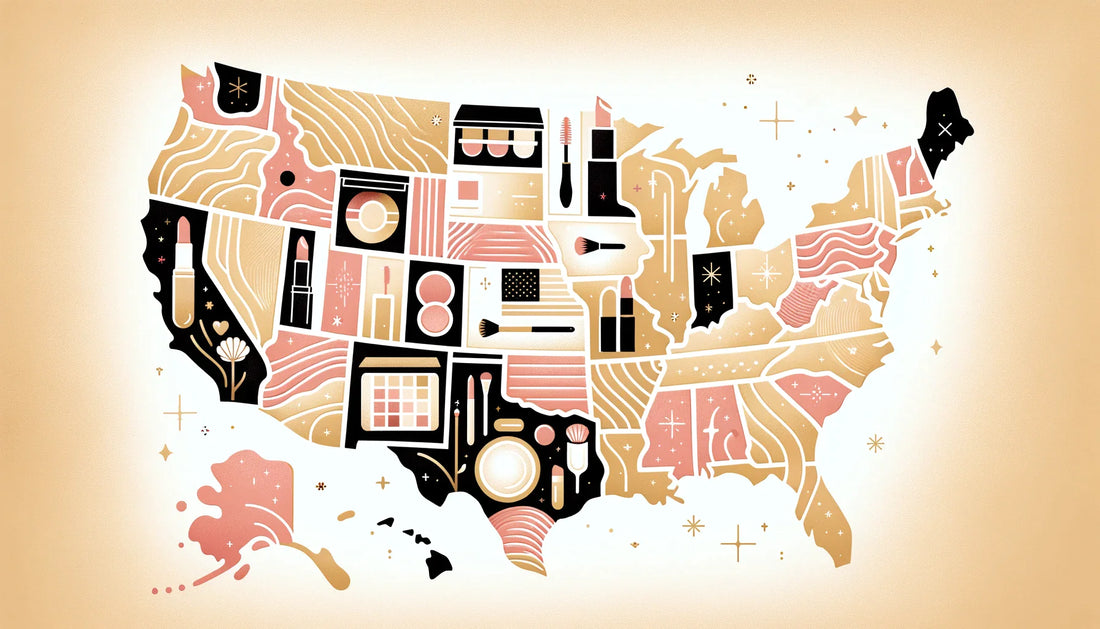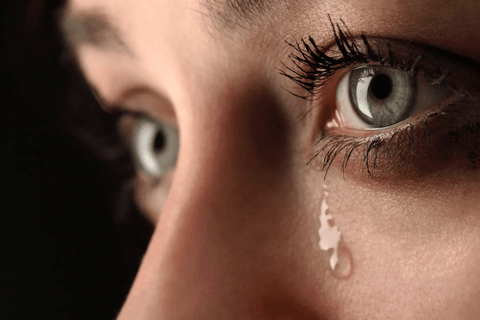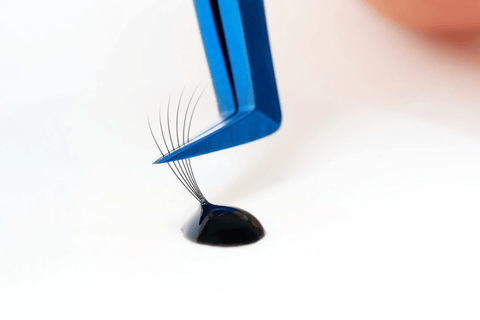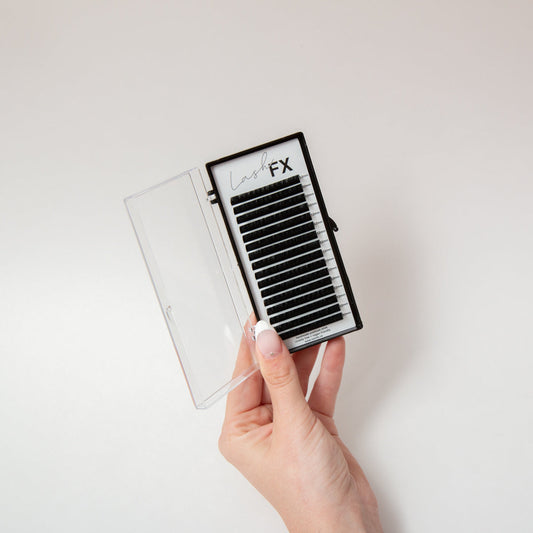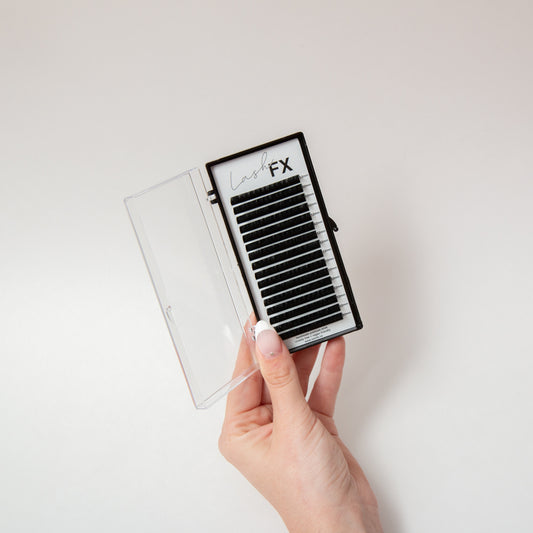Navigating the intricate world of beauty industry regulations, particularly for lash extension professionals, can be a daunting task. Each state in the United States holds its unique set of rules and licensing requirements, making it essential for aspiring and established lash technicians to stay informed. Whether you're just starting your journey in the beauty industry or looking to expand your services across state lines, understanding these requirements is crucial for legal operation and professional credibility. In this comprehensive guide, we delve into the state-by-state licensing requirements for lash extension professionals, offering a detailed overview to ensure you're fully prepared to meet and exceed industry standards. Our aim is to provide you with the knowledge needed to navigate the beauty industry's regulatory landscape confidently, enhancing your professional growth and ensuring the safety and satisfaction of your clients. Stay tuned as we explore the necessary steps to secure your license, adhere to state laws, and ultimately, flourish in your lash extension career.
Inside this Article:
- Why Lash Extension Licensing Matters
- Overview of Common Licensing Requirements
- State-by-State Licensing Guide
- Northeast
- Connecticut:
- Maine:
- Massachusetts:
- New Hampshire:
- New Jersey:
- New York:
- Pennsylvania:
- Rhode Island:
- Vermont:
- Midwest
- Illinois:
- Indiana:
- Iowa:
- Kansas:
- Michigan:
- Minnesota:
- Missouri:
- Nebraska:
- North Dakota:
- Ohio:
- South Dakota:
- Wisconsin:
- South
- Alabama:
- Arkansas:
- Delaware:
- Florida:
- Georgia:
- Kentucky:
- Louisiana:
- Maryland:
- Mississippi:
- North Carolina:
- Oklahoma:
- South Carolina:
- Tennessee:
- Texas:
- Virginia:
- West Virginia:
- West
- Arizona:
- California:
- Colorado:
- Hawaii:
- Idaho:
- Montana:
- Nevada:
- New Mexico:
- Oregon:
- Utah:
- Washington:
- Wyoming:
- Empowering Your Lash Extension Career: A Conclusion to Licensing Success
Why Lash Extension Licensing Matters

In the world of beauty and glamour, lash extensions have become a must-have for anyone looking to add that extra bit of sparkle to their look. But behind the scenes, there's a crucial step ensuring that this beauty enhancement not only looks fabulous but is also safe for everyone involved: lash extension licensing.
So, why does this license matter so much? It's not just about following the rules; it's about setting a standard for safety, skill, and trust.
Safety First
First and foremost, when a lash technician is licensed, it means they've learned the ins and outs of keeping things clean and clients safe. This is beauty we're talking about – it's close to your eyes! A licensed professional knows how to apply extensions without causing harm, making sure every flutter is worry-free.
Professionalism on Point
Having a license is like having a beauty badge of honor. It shows clients that a technician has put in the work and has the skills to back up their service. It's a trust builder, letting clients know they're in good hands, and it sets a professional standard that elevates the entire industry.
Stay Legal, Stay Thriving
Operating with a license means you're playing by the rules, keeping you on the right side of the law. This isn't just good karma; it's good for business. Being licensed can open doors to working in top salons, getting insured, and even attracting more clients who appreciate your dedication to professionalism.
Never Stop Learning
The beauty industry never stands still, and neither should a lash technician's skills. Licensing often requires ongoing education, which means professionals stay up-to-date with the latest techniques, trends, and safety protocols. This commitment to learning keeps them at the top of their game and ensures clients get the best of the best.
Licensing matters because it's the foundation of a trustworthy, safe, and professional lash extension service. It reassures clients, enhances the reputation of lash technicians, and keeps the beauty industry moving forward with high standards. So, the next time you see a licensed lash professional, know you're seeing someone who truly cares about beauty, inside and out.
Overview of Common Licensing Requirements

As we delve into the world of lash extensions, it's clear that becoming a licensed professional is key to success. But what does it take to get licensed? While specifics can vary from state to state, there are some common threads that weave through the tapestry of licensing requirements across the country. Let’s unravel these to give you a clearer picture of what to expect on your path to becoming a licensed lash technician.
Education and Training
The journey begins with education. Most states require lash technicians to complete a cosmetology or esthetician program at an accredited institution. These programs cover a broad range of beauty treatments, including skincare, makeup, and, of course, lash extensions. The hours required can vary widely, from around 300 to over 1,000, depending on the state and the specific license you're pursuing.
Examinations: Showing What You Know
After completing your educational program, the next step is typically to pass a state board examination. This test usually has both written and practical components to assess your knowledge and skills in cosmetology or esthetics, including safety and sanitation practices, which are crucial in the lash extension field.
Continuing Education: Staying on Top of Your Game
Once licensed, many states require lash technicians to complete continuing education units (CEUs) to renew their licenses. This ongoing learning ensures that professionals stay up-to-date with the latest industry standards, techniques, and safety protocols, ensuring that they continue to provide the best possible service to their clients.
Specialized Lash Training
In addition to general cosmetology or esthetician training, some states require or highly recommend specialized training specifically in lash extensions. These specialized courses focus on the unique techniques, products, and safety considerations specific to lash extensions, providing a deeper understanding of this intricate service.
Licensure and Permits: The Final Step
After completing the required education and training, passing your exams, and possibly completing specialized training, the final step is to apply for and obtain your professional license or permit. This often involves submitting proof of your education and exam results, along with a licensing fee. Some states might also require a background check as part of this process.
Why It All Matters
This structured approach to licensing ensures that lash technicians are well-prepared to offer safe, high-quality services. It protects clients and technicians alike, setting a standard that helps the beauty industry thrive. By understanding and complying with these common licensing requirements, you're not just following the rules—you're contributing to a professional, respected, and safe beauty community.
State-by-State Licensing Guide
Creating a comprehensive state-by-state guide for lash extension licensing across the United States can provide a valuable resource for professionals in the beauty industry. Given the extensive nature of the information and the variability in requirements from state to state, below is a structured overview that should serve as a helpful starting point. For the most accurate and up-to-date information, always consult the state's professional licensing board or regulatory agency.
Northeast
Connecticut:
Eyelash technician license required.
Maine:
Cosmetology or esthetician license required.
Massachusetts:
Cosmetology or esthetician license required.
New Hampshire:
Cosmetology, esthetician, or medical license required.
New Jersey:
Cosmetologist, esthetician, or medical license required.
New York:
Cosmetologist, esthetician, or medical license required.
Pennsylvania:
Cosmetologist or esthetician required.
Rhode Island:
Cosmetologist or esthetician required.
Vermont:
Professional licensure likely applies, with details to be confirmed with the state board.
Midwest
Illinois:
Cosmetology or esthetician license required.
Indiana:
Certificate of training required, but no license.
Iowa:
Cosmetology or esthetician license required.
Kansas:
Cosmetology or esthetician license required, must be performed in a licensed facility.
Michigan:
Cosmetology or esthetician license required.
Minnesota:
Cosmetology, esthetician, or eyelash technician license required.
Missouri:
No license required.
Nebraska:
Cosmetologist, esthetician, medical license required.
North Dakota:
Cosmetologist, esthetician, medical license required.
Ohio:
Cosmetologist or esthetician required.
South Dakota:
Cosmetologist, esthetician, must be performed in a licensed salon.
Wisconsin:
Cosmetologist license required.
South
Alabama:
No license required.
Arkansas:
Cosmetology, aesthetician, or barber license required.
Delaware:
Cosmetology or aesthetician license required.
Florida:
Cosmetology license required, followed by eyelash extension technician training.
Georgia:
Cosmetology or esthetician license required.
Kentucky:
Cosmetology or esthetician license, or eyelash specialty permit.
Louisiana:
Cosmetology or esthetician license required.
Maryland:
No license required.
Mississippi:
No license requirement.
North Carolina:
Cosmetologist, esthetician required.
Oklahoma:
Cosmetologist, esthetician required.
South Carolina:
Cosmetologist, esthetician required.
Tennessee:
Cosmetologist, aesthetician required.
Texas:
Cosmetologist, esthetician license required.
Virginia:
Cosmetologist, esthetician license required.
West Virginia:
Cosmetologist, esthetician license required.
West
Arizona:
Cosmetology or aesthetician license required.
California:
Cosmetology or esthetician license required.
Colorado:
Cosmetology or esthetician license required.
Hawaii:
Cosmetology, esthetician, or barber license required.
Idaho:
Cosmetology or esthetician license required.
Montana:
Cosmetologist, esthetician, medical license required.
Nevada:
Cosmetologist, aesthetician required.
New Mexico:
Esthetician required.
Oregon:
Cosmetologist, esthetician, medical license required.
Utah:
Cosmetologist/barber, esthetician required.
Washington:
Cosmetologist, esthetician, or master esthetician license required.
Wyoming:
Cosmetologist or esthetician license required.
This overview aims to provide a snapshot of the licensing landscape for lash extension professionals across the United States. Given the evolving nature of state regulations, please consider this as a guide and ensure to verify the details with the relevant state board before making any professional decisions.
Empowering Your Lash Extension Career: A Conclusion to Licensing Success
Navigating the path to becoming a licensed lash extension professional is a journey marked by dedication, learning, and a deep commitment to safety and quality. As we've explored the licensing requirements across the United States, it's evident that while the specifics may vary from state to state, the underlying principles of professionalism, client safety, and ongoing education remain constant.
This guide serves as a foundation, a starting point for those aspiring to excel in the lash extension industry. Whether you're just beginning your career or looking to expand your services across state lines, understanding and adhering to these licensing requirements is crucial. It not only ensures compliance with state laws but also elevates the standard of service you provide, building trust and credibility with your clients.
The beauty industry continues to evolve, with new techniques, products, and safety protocols emerging regularly. Staying informed and up-to-date through continuing education is key to maintaining your license and enhancing your skills. This commitment to excellence not only benefits your clients but also contributes to the growth and reputation of the lash extension profession as a whole.
As you move forward in your career, remember that your journey is a testament to your passion for beauty and your dedication to providing the best possible service. By following the path laid out by your state's licensing requirements, you're taking a significant step towards achieving professional success and making a positive impact in the lives of those you serve.
Let this guide be your compass as you navigate the exciting world of lash extensions, knowing that with each step, you're contributing to the beauty and well-being of your clients, and to the vibrant tapestry of the beauty industry.

